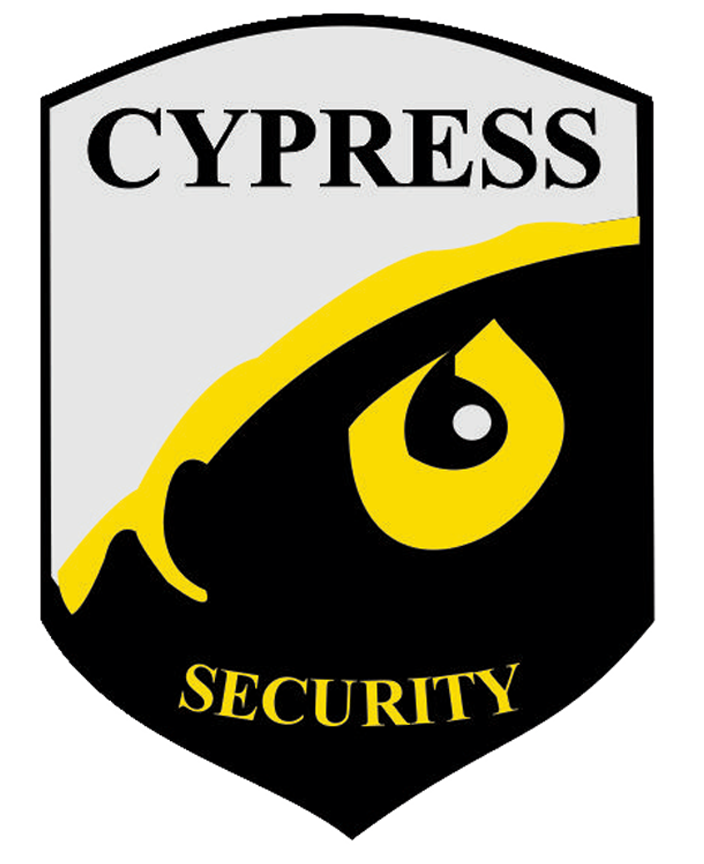Crime will be a top issue for Surrey in run-up to civic election, says longtime journalist
SURREY (NEWS 1130) – With three high-profile murders in Surrey last month alone, a longtime journalist believes crime will be a major focus when people go to the polls to elect a new mayor in October.
Frank Bucholtz — a former columnist with the Surrey Now Leader, among other roles — tells us the issue will be perhaps the most prominent issue in October’s vote.
But he says it’s not just murders that are the focus for voters — it’s a lot of those lesser crimes that are proving to be an agitation.
“It isn’t just the murders. It’s also a lot of the other crime that goes on, that’s associated with it. I think people are just feeling that it’s not under any kind of control.”
“In many parts of Surrey, crime is a pretty common thing,” he adds. “It may not be murders or it may not be violent crime. It might be petty crime. It might be property, break-ins, theft or vandalism or things like that.”
That said, Bucholtz says it will be a major challenge for anyone to take on the reigning Surrey First party, suggesting that party will be the favourite unless a high-profile name enters the fray — like perhaps Rich Coleman, the former BC Liberal cabinet minister who was said to be considering a run for mayor.
“Surrey First definitely has an edge financially,” says Bucholtz. “They’ve undoubtedly raised hundreds of thousands of dollars before the new rules kicked in that the province brought in. Therefore, I think, any opponent is going to have one hand tied behind their back to compete financially.”
Forty-five per cent of people who responded to a recent Research Co survey say crime is the most important issue in Surrey. Bucholtz says the percentage of people who feel that way might actually be higher, in reality.
But the crime problem is not what’s scaring off potential candidates, in the view of Bucholtz. He believes people may opt out of running due to Surrey First’s dominance in recent elections.
“I think people just feel — what’s the point in putting a lot of money, energy and time and volunteer effort into mounting a campaign against a civic slate which has this kind of advantage financially — incumbency, coziness with business and developers — so I think people have looked at it and said, ‘I’ll take a pass,'” says Bucholtz.
– With files from Monika Gul


